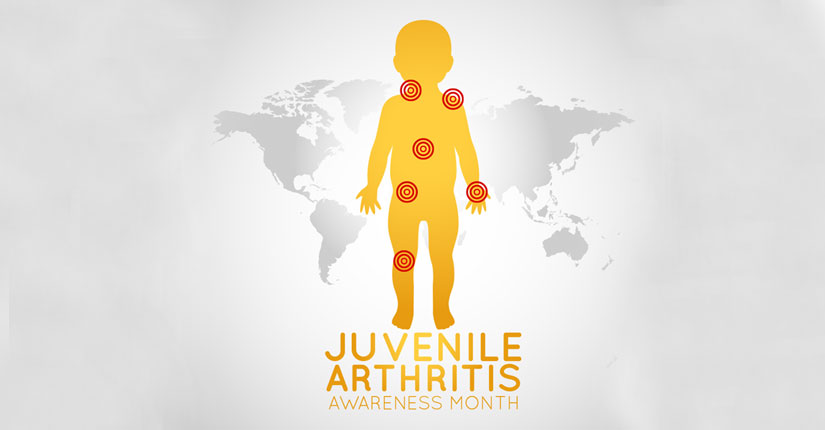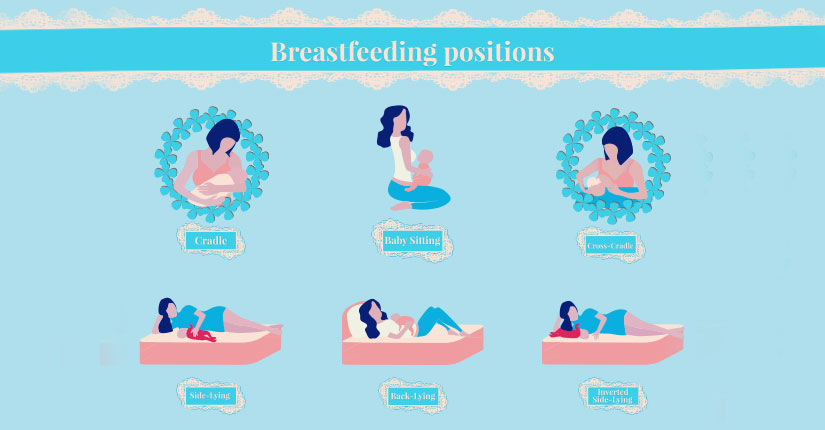Chronic v/s Acute Inflammation – Know the Difference
By Nmami Agarwal 15-Apr 2021 Reading Time: 4 Mins

Inflammation is a term which is heard by all, in fact, everyone has experienced different kinds of inflammation for various reasons at any given time. Yet, the signs get to be ignored if you don’t know what you’re looking for. Afterall, what does inflammation even really mean and why inflammation happens and how it can affect your daily and long-term health.
What is Inflammation?
Inflammation is a vital part of the body’s immune system as the body’s attempt to protect itself by trying to remove foreign substances from the body, and start the healing process. The body’s inflammatory retort is triggered when tissues are injured by bacteria, trauma, toxins, heat, or any other cause.
Acute and Chronic Inflammation, are two types of inflammation: Acute inflammatory response is meant to heal the body. Whereas chronic inflammation harms the body and causes most chronic diseases like diabetes, heart disease, stroke, liver problems, cancer, dementia, fibromyalgia, and autoimmune disease like thyroid disorder, multiple sclerosis, and rheumatoid arthritis.
Acute V/s Chronic
Acute inflammation is a short term response and occurs quickly after a cut on the knee, a sprained ankle or a sore throat. It has localized effects, meaning it works at the precise place where a problem exists.
The signs of acute inflammation include:
In acute inflammation, the blood vessels dilate, blood flow increases and white blood cells swarm the injured area to promote healing which causes the injured area to turn red and become swollen.
Chronic Inflammation can have long-term and whole-body effects. It is also known as low-grade, persistent inflammation because it produces a steady, low-level of inflammation throughout the body, as judged by a small rise in immune system markers found in blood or tissue. Such type of systemic inflammation can contribute to the development of disease.
The signs of chronic inflammation include:
Thus, inflammation is a normal bodily response meant to protect us from infection and further injury. So, if the underlying culprit causing the inflammation is not adequately addressed and removed, long-standing excessive inflammation will lead to cell death and the breakdown of healthy tissue. More or less chronic disease will begin to set in such as allergies, arthritis, heart disease, thyroid disorder, diabetes, cancer, and dementia.
Over to you:
Now that we have known the difference between Chronic and Acute Inflammation so if you face any signs or symptoms as mentioned above, it is important to talk to a doctor and get a diagnosis.





















